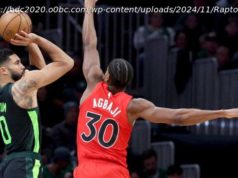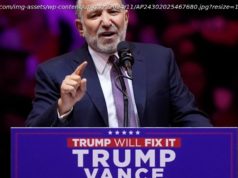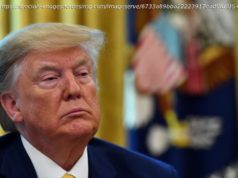Retail investors buying frenzy for Gamestop shares resulted in $10 billion in losses when Robinhood halted trading in the stock. It was a costly lesson.
The «democratizer of finance» certainly wasn’t following the will of their people (small retail investors) when they shut the store down on Thursday and prevented them from buying shares of GameStop stock. Robinhood’s actions lead to losses to GameStop investors of more than $10 billion Thursday. An expensive lesson indeed. All of which could have been prevented with a little education, personal finance education, that is. Some will say these speculators deserved what they had coming. After all, why should speculators — let’s distinguish them from investors — see their stock price soar from $20 to $500 in less than a month? Others see the irony of Robinhood protecting the rich, those hedge funds on Wall Street shorting GameStop, while hurting the poor, the small retail investor. Still others wonder how the heck did we got here. So much to digest over the past week. A platform that gamifies investing, encourages frequent trading with no commissions which makes investing frictionless. Fractional shares that lower the cost of admission, social media that enables traders to act in unison on a trading idea, breathless media coverage of every GameStop winner — $500,000 here, $13 million there — and a juicy target to spur on the mob. And finally, Wall Street hedge funds who had bet against GameStop shares and had taken what in investing parlance is referred to as short positions. So, what exactly did Robinhood do on Thursday to protect the rich Wall Street hedgies and crush their retail investors? They took the unprecedented step of preventing their customers from buying shares of GameStop. Basically, saying we got you into this game and now we are going to change the rules.






